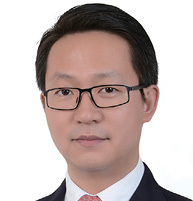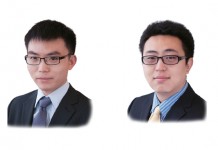As a fundamental piece of legislation regulating market competition in China, the Anti-Unfair Competition Law has played a significant role in maintaining fair market competition since its promulgation in 1993. In recent years, new types of unfair competition that are unique to the internet have continued to emerge one after another, such as hijacking internet traffic, content tampering, misleading comparisons and improper blocking of advertisements. However, currently effective PRC legislation (including the Anti-Unfair Competition Law) has no specific restrictions and regulations in this regard.

Associate
DaHui Lawyers
In judicial practice, only general principles are available for internet-related unfair competition. Therefore, clear definitions and restrictions on internet-related unfair competition at the legislative level are urgently needed.
In this context, the Anti-Unfair Competition Law (Revised Draft submitted for review), published by the Legislative Affairs Office of the State Council on 25 February 2016, includes specific provisions on internet operations, and strives to regulate unfair competition in the internet sector in the ways set out below.
Defines the scope of commercial marks. The revised draft expressly stipulates that the main body of internet domain names, website names and webpages fall within the scope of commercial marks, and that operators may not misappropriate the same (e.g., by using a similar domain name as a competitor to divert traffic to another website) to mislead the public and cause confusion in the market. This provision explicitly strengthens the legal protection of commercial marks.
You must be a
subscribersubscribersubscribersubscriber
to read this content, please
subscribesubscribesubscribesubscribe
today.
For group subscribers, please click here to access.
Interested in group subscription? Please contact us.
你需要登录去解锁本文内容。欢迎注册账号。如果想阅读月刊所有文章,欢迎成为我们的订阅会员成为我们的订阅会员。
Leo Wang and Ben Chai are associates at DaHui Lawyers



























